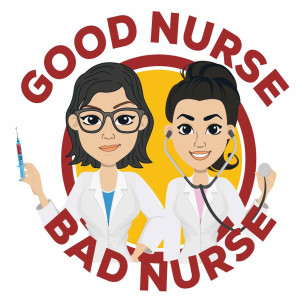

The management of chronic lymphocytic leukemia (CLL) has evolved drastically over the last few years, with the introduction of novel therapies and the identification of new genetic markers. The current most effective therapies for CLL include venetoclax, obinutuzumab and BTK inhibitors, whilst ongoing clinical trials are investigating the use of BTK inhibitors in combination with BCL-2 inhibitors. Furthermore, novel genomic markers are increasingly being used to guide treatment decisions, as well as for prediction and prognostication purposes, and research into the optimal sequencing of targeted therapies is also showing promise in improving outcomes for patients who develop resistance to BCL-2 and BTK inhibitors.
In this podcast, Paolo Ghia, MD, PhD, of Università Vita-Salute San Raffaele and IRCCS Ospedale San Raffaele, Milan, Italy, Barbara Eichhorst, MD, of University Hospital Cologne, Cologne, Germany, Lydia Scarfò, MD, of Vita-Salute San Raffaele University & IRCCS San Raffaele Scientific Institute, Milan, Italy, Adrian Wiestner, MD, PhD, of the National Institutes of Health, Bethesda, MD, and Richard Rosenquist, MD, of the Karolinska Institute, Stockholm, Sweden, share some of the latest updates in CLL treatment, as presented at the 19th International Workshop on Chronic Lymphocytic Leukemia (iwCLL) Biennial Meeting in 2021.
More Episodes
All Episodes>>Create Your Podcast In Minutes
- Full-featured podcast site
- Unlimited storage and bandwidth
- Comprehensive podcast stats
- Distribute to Apple Podcasts, Spotify, and more
- Make money with your podcast












